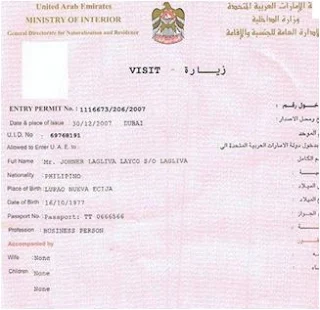
Dubai Courts has officially launched three innovative online services aimed at saving time and effort, and facilitating the work of litigants.
The services are online registration of cases, access to the archive of case files and pro bono legal advice, according to a press statement from the Dubai government on Tuesday.The initiative is in line with Dubai Courts’ strategic vision towards ‘leadership in court performance’. The services were officialy launched during a ceremony held in the presence of Dr Ahmed Saeed bin Hazeem, General Director of Dubai Courts, heads of courts, heads of departments, the chairman of the UAE Jurists Association, and a number of key lawyers.
Speaking on the occasion, Dr Bin Hazeem stressed the importance of the strategic partnership between Dubai Courts and law firms in Dubai, which aims to achieve justice and assist in the task of litigants to access their rights.
He said, “Dubai Courts is always keen on excellence and leadership, and aims to provide innovative and modern procedures, along with meeting the needs of litigants. Hence, an online service programme has been launched under the name ‘Al-Salfa’, allowing online case registration without the need to be physically present on the courts’ premises.”
He added: “The first-of-its-kind in the Middle East, this service allows law firms and all litigants to register cases electronically, record every detail, upload identification papers, and send them to Dubai Courts online.”
The testing of this service programme began on February 1, and was made available to law firms on an optional basis. Owing to its successful testing, the programme will become mandatory from June 1 so that all cases presented to the Dubai Courts can be registered online from anywhere in the world.
The second service programme allows plaintiffs to access file archives online and print information about their cases, judgements, decisions and other information, without the need to visit the courts to acquire the papers.
The Dubai Courts director-general said the courts department, in collaboration with strategic partners, has also launched a pro bono legal advice programme titled ‘Sure’, where volunteering lawyers can offer free legal consultations to litigants. This policy is aimed at boosting confidence in the judiciary and facilitating litigation for the public.
Director of the Cases Service Department Mohammed Al Obaidli stressed the strategic importance of these e-services, especially the ‘Al-Salfa’ programme.
He emphasised that the service will particularly save time for litigants, consequently increasing the efficiency of work and quality of service provided.
The exploitation of advanced systems, procedures and technologies to achieve speed and accuracy in case registration will help to directly fulfil the general requirements of the Dubai Courts.
Dubai Courts also honoured the chairman of the UAE Jurists Association, the law firms co-operating with the Dubai Courts, 46 lawyers who volunteered to provide advice and offered nearly 670 hours of free consultations, and ‘Al-Salfa’ programme users.
‘Al-Salfa’ is a well-known term in Emirati heritage, and refers to a person who acted as a judge in the past. — Wam






